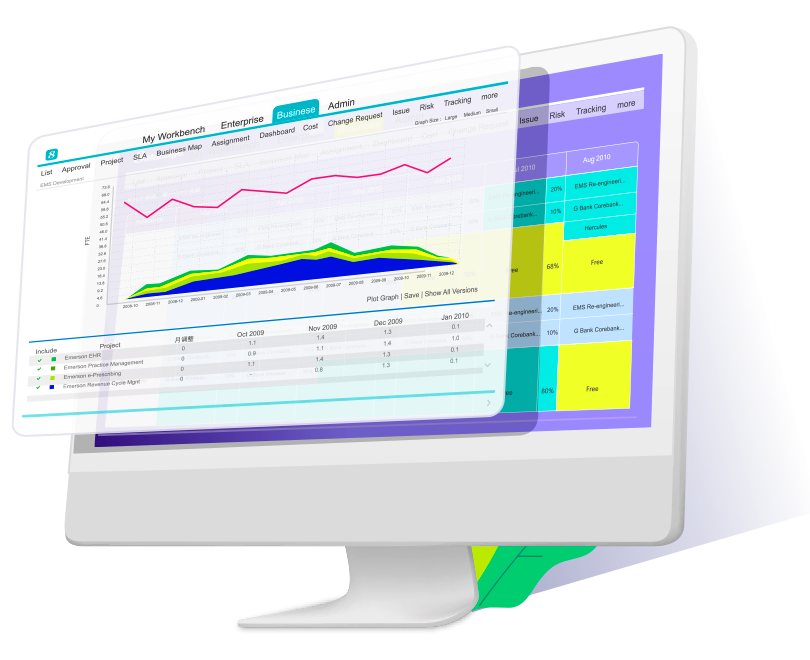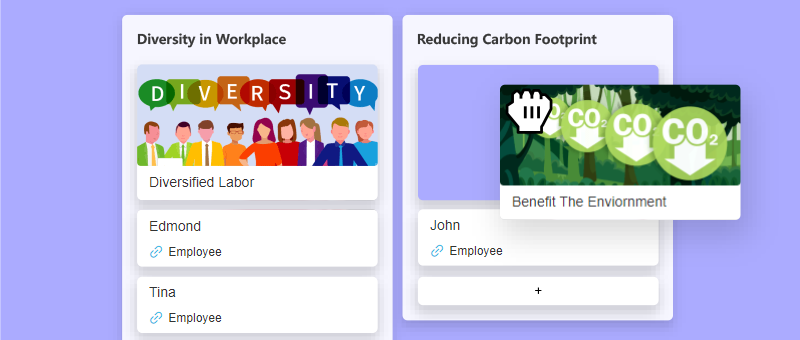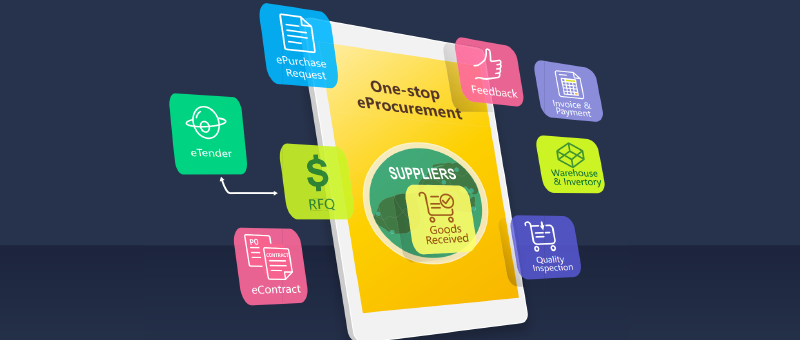Special News
Achieving Excellence in Project Management: Strategies for Enterprises
2024-08-14
Project management in an enterprise, simply put, involves organizing, deploying, and coordinating company resources to successfully achieve the final goal of project delivery.
Why Is Project Management Important for Enterprises?
Absolutely. Project management is crucial because it brings leadership, clarity, and focus to the table. It’s a significant role often perceived as a secondary responsibility, but one that is vital for guiding the project team. Additionally, it provides a clear perspective on project scope, quality, product cohesion, and how well the project meets its objectives and expected return on investment.
Effective Strategies for Excelling in Project Management
1. Project Initiation Plan
Project initiation is critical. Before kicking off, it’s essential to clarify goals and direction so that every team member understands the objectives they need to strive for. Each task should contribute towards achieving the project’s goal. Without clear objectives, the entire team can end up directionless, like headless chickens, lacking focus and motivation.

2. Gathering and Managing Resources
Once youve planned out the tasks, list everything you need to accomplish them—tools, templates, documents, and personnel. If you don’t have access to all necessary resources, note whats missing to ensure everything is in place before the project begins. Delays in project completion often stem from resource issues, such as unavailability of procurement, human, or production resources. During execution, the project manager should monitor the workload of each resource to ensure balance.
3. Organizing Work Efficiently
All actions should be based on the plan. While every project manager ideally wants the project to follow the plan perfectly, reality often introduces disruptions requiring ongoing adjustments. Efficient organization means assigning tasks that contribute to the project’s success. If youre designing a workflow for a one-time project, allocate tasks to specific team members. For repeatable projects, assign tasks to teams or specific roles rather than individuals for a more flexible workflow.
4. Establishing Project Standards and Processes
Projects often involve multiple teams or cross-functional collaboration. Standardized processes and guidelines ensure that different teams operate under consistent rules, reducing conflicts and fostering better teamwork across the organization.
5. Effective Risk Management
Building a risk management framework involves risk identification, assessment, and response. Early in the project, identify risks that could impact progress, and continue to monitor and update these risks throughout execution. The key is for project leaders to recognize and report risks proactively, focusing on prevention.
6. Emphasizing Communication Management
Communication is a primary responsibility of project managers. This includes managing emails, weekly meetings, special client and team meetings, conferences, and calls. Keeping all parties informed in real-time allows for timely adjustments, ensuring the project stays on track.
7. Utilizing Modern Project Management Tools
Employing the right modern project management tools is indispensable in achieving the desired project outcomes. Tools like 8Manage PM simplify the entire project process, from planning, communication, and requirements management to scheduling, resource allocation, risk management, and stakeholder coordination. With 8Manage PM, project managers receive real-time notifications for user requests, team applications, project approvals, and final acceptance, ensuring timely feedback and reminders. By using 8Manage PM, project managers can better manage their projects, helping the enterprise achieve its desired delivery goals.
Most popular

How IPD drives product R&D toward commercial success

Top procurement management systems to elevate your business in 2025

Are your project managers ready for AI?
Related articles
2025 Best team project management software: Top picks by category
2025-02-06
Top 5 project timesheet management systems: A comprehensive comparison
2025-01-22
Optimizing IT projects with agile development practices
2025-01-14
5 Key benefits of agile project: Why it’s Ideal for modern projects
2025-01-13
Optimizing research with project management systems: Key functions and benefits
2025-01-09
Previous Article >
Guide to Choosing Project Management Tools
Guide to Choosing Project Management Tools
Next Article >
What is an e-Tendering System?
What is an e-Tendering System?

























































































































